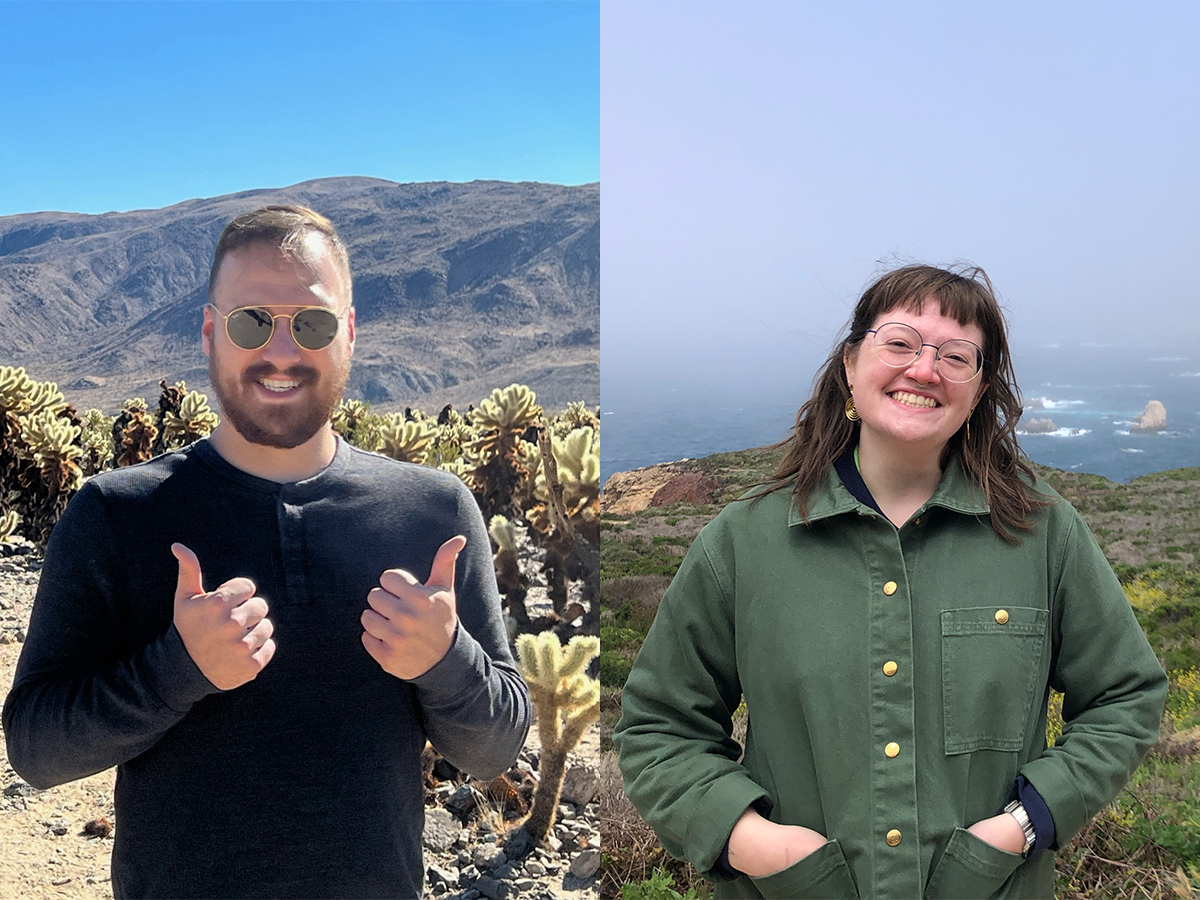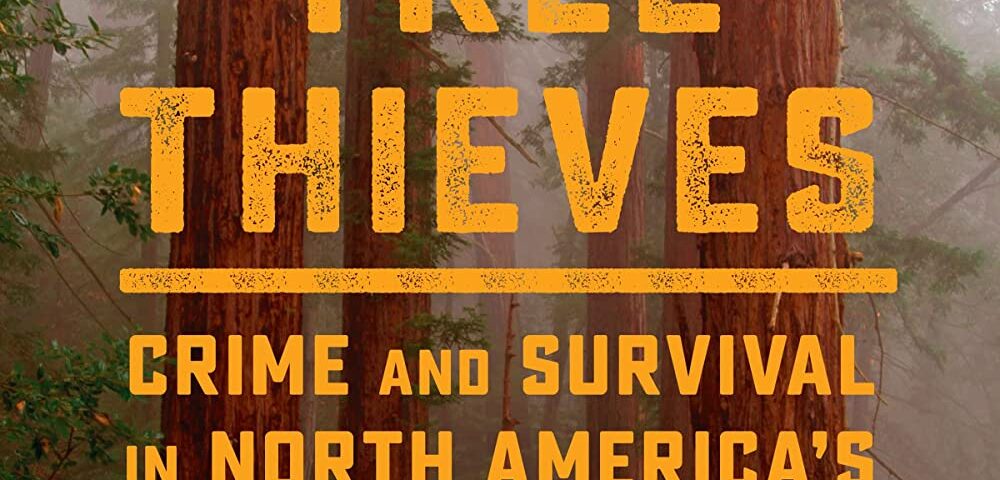
Get in Gear for Bike to Work Day
May 18, 2023
Great Ecology Welcomes Mac & Emily!
June 6, 2023
Book Review: Tree Thieves
Author: Liz Clift
Depending on where you live, you may or may not be familiar with tree poaching—but it’s an increasing problem, especially with “choice” woods for furniture, musical instruments, and posh accessories. People who are illegally harvesting wood are often harvesting from older trees, which tend to be bigger or have more desirable features, and then selling these trees on the black market. Poached trees can come from living or dead trees, both of which are important for the ecosystem, if they’re left in place.
Lyndsie Bourgon’s book Tree Thieves: Crime and Survival in North America’s Woods (2022) focuses on the problem of tree poaching in the Pacific Northwest of North America, with an emphasis on old growth trees, big leaf maple, and redwoods, but Bourgon also discusses how this problem exists elsewhere in North America and the world.
Bourgon explores what timber poaching looks like historically and in the present day, what may drive some people to poach timber, and the efforts being made to curb this behavior. She also discusses the complicated history of the conservation movement, as it related to trees and to the people whose lives and livelihoods have depended on the timber industry. Her compassionate account contextualizes poaching trees as a side effect of the loss of reliable industry work, poverty, and opportunity. The book shares the voices of people whose lives have been impacted by tree poaching, including park rangers and people who allegedly have a hand in the tree poaching industry. Bourgon also dives into the science that is helping identify where trees come from—and if those trees came from protected land.
I found this to be an intriguing read that offered more insight into the problem of tree poaching that I’ve become increasingly aware of over the past few years. Bourgon offered solid explanations of terms and concepts that may be unfamiliar to people who aren’t working in the environmental sector, which is always an important part of science communication.
This book is perfect for those who enjoyed the true crime aspect of Susan Orlean’s The Orchid Thief (1998). It’s also a great read for anyone who is interested in conservation, particularly conservation of forested lands or the history of the conservation movement.

